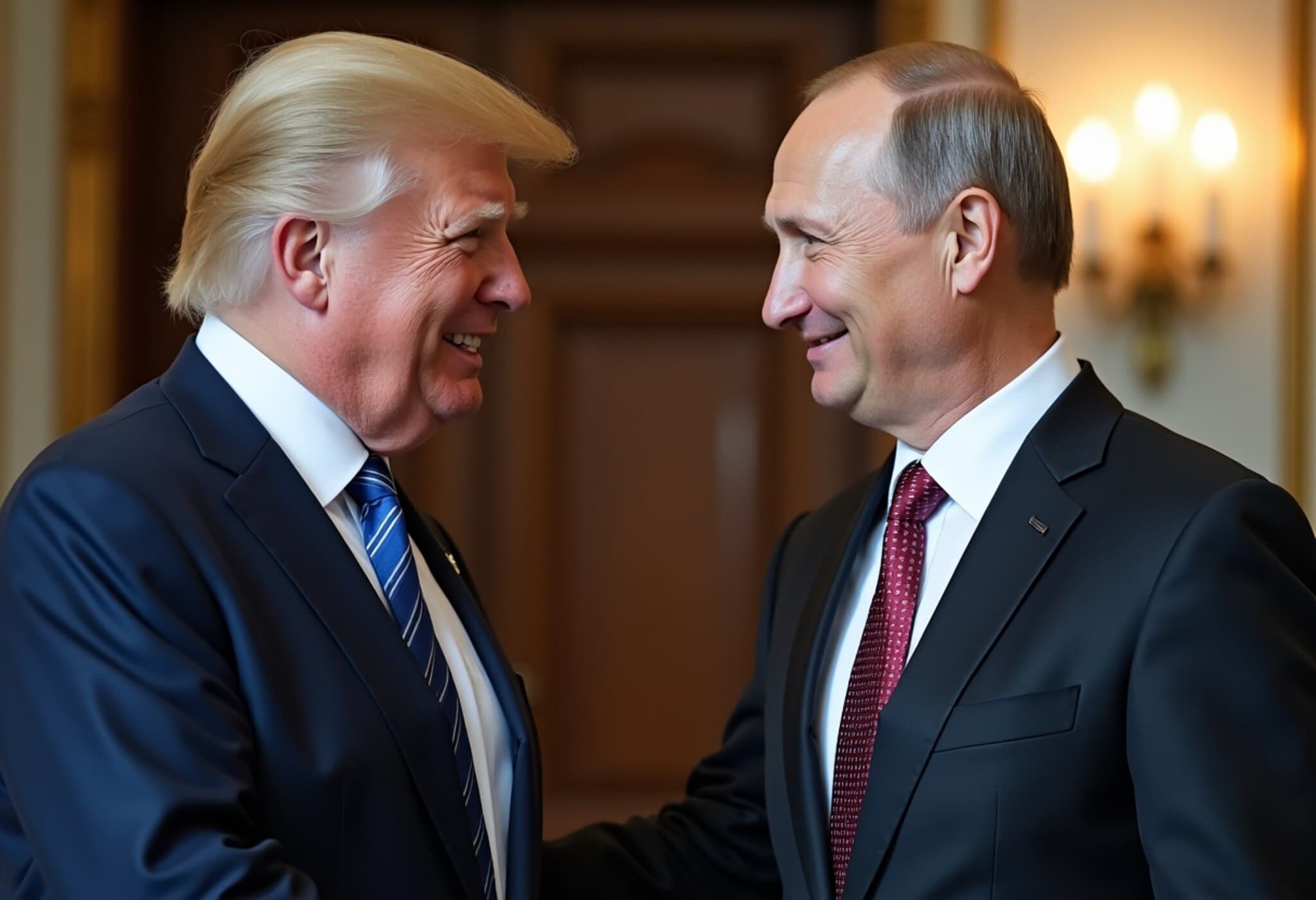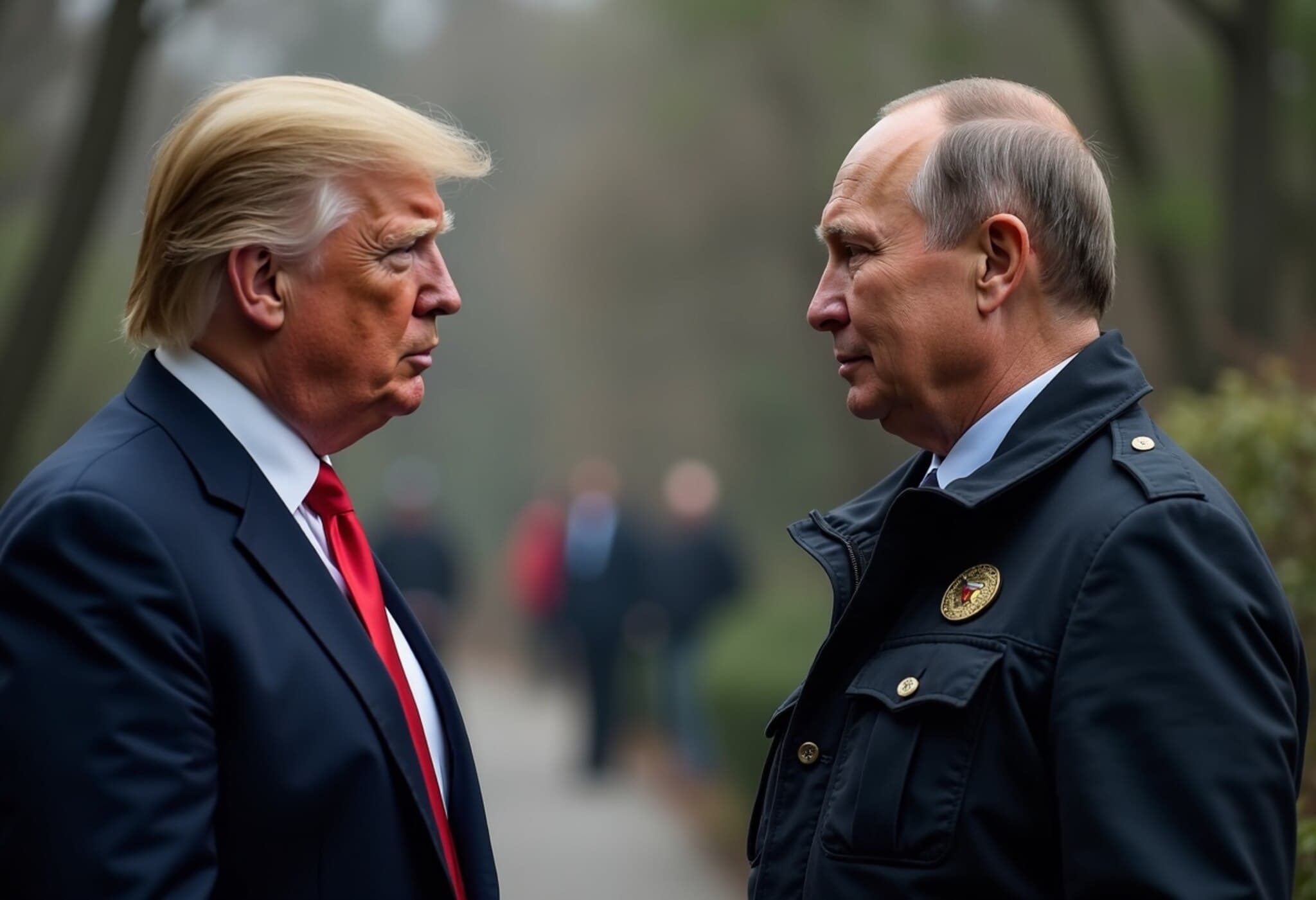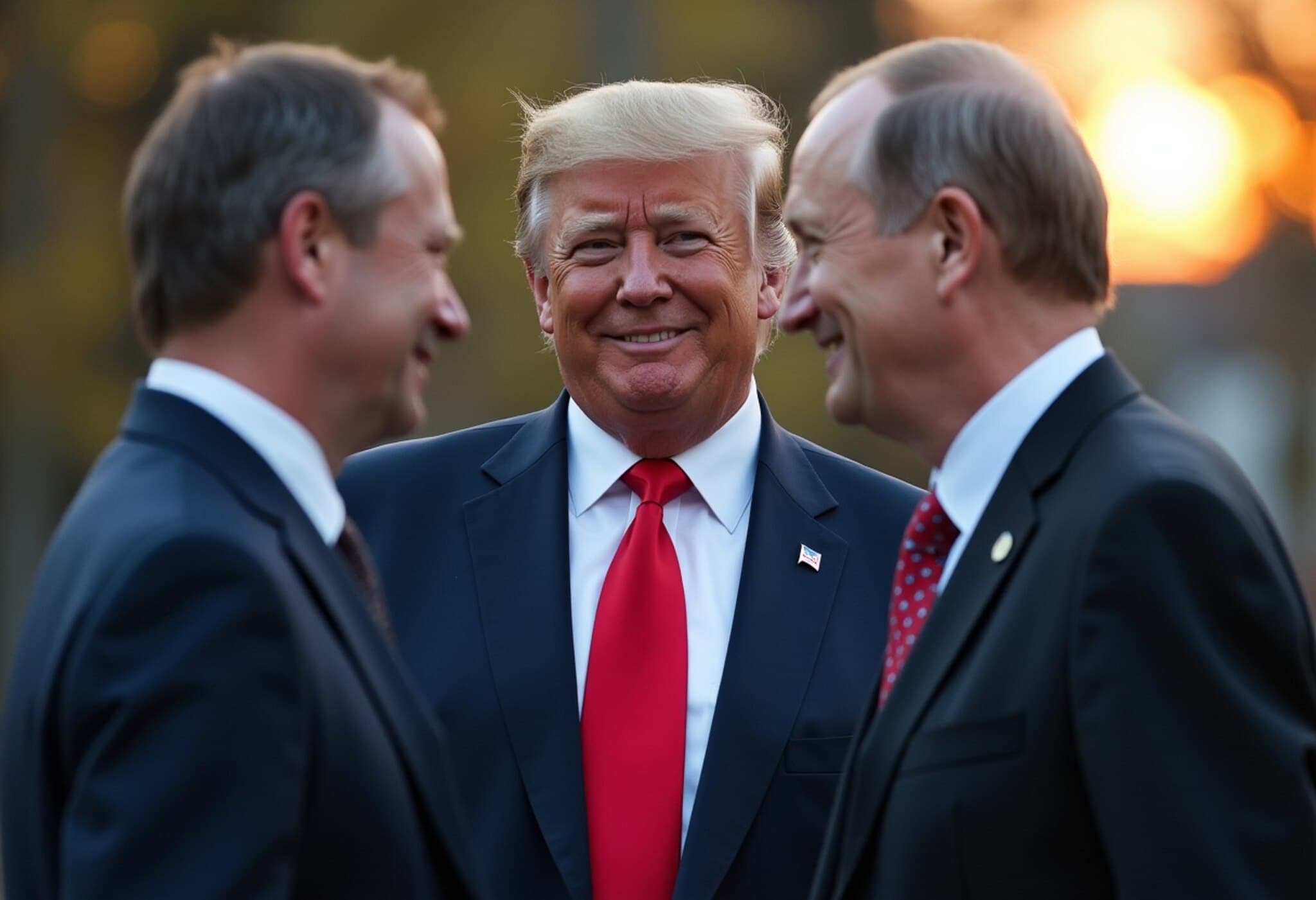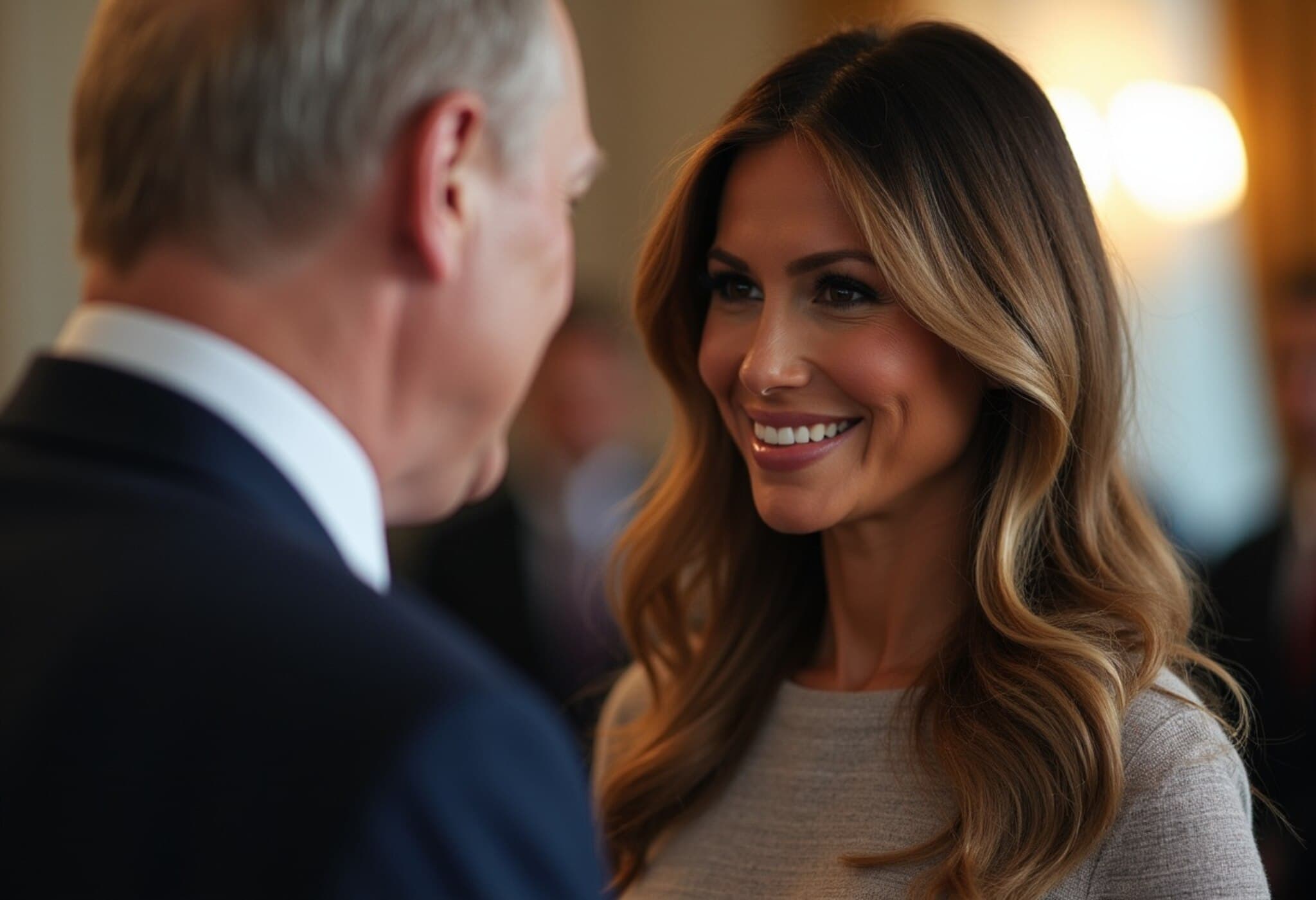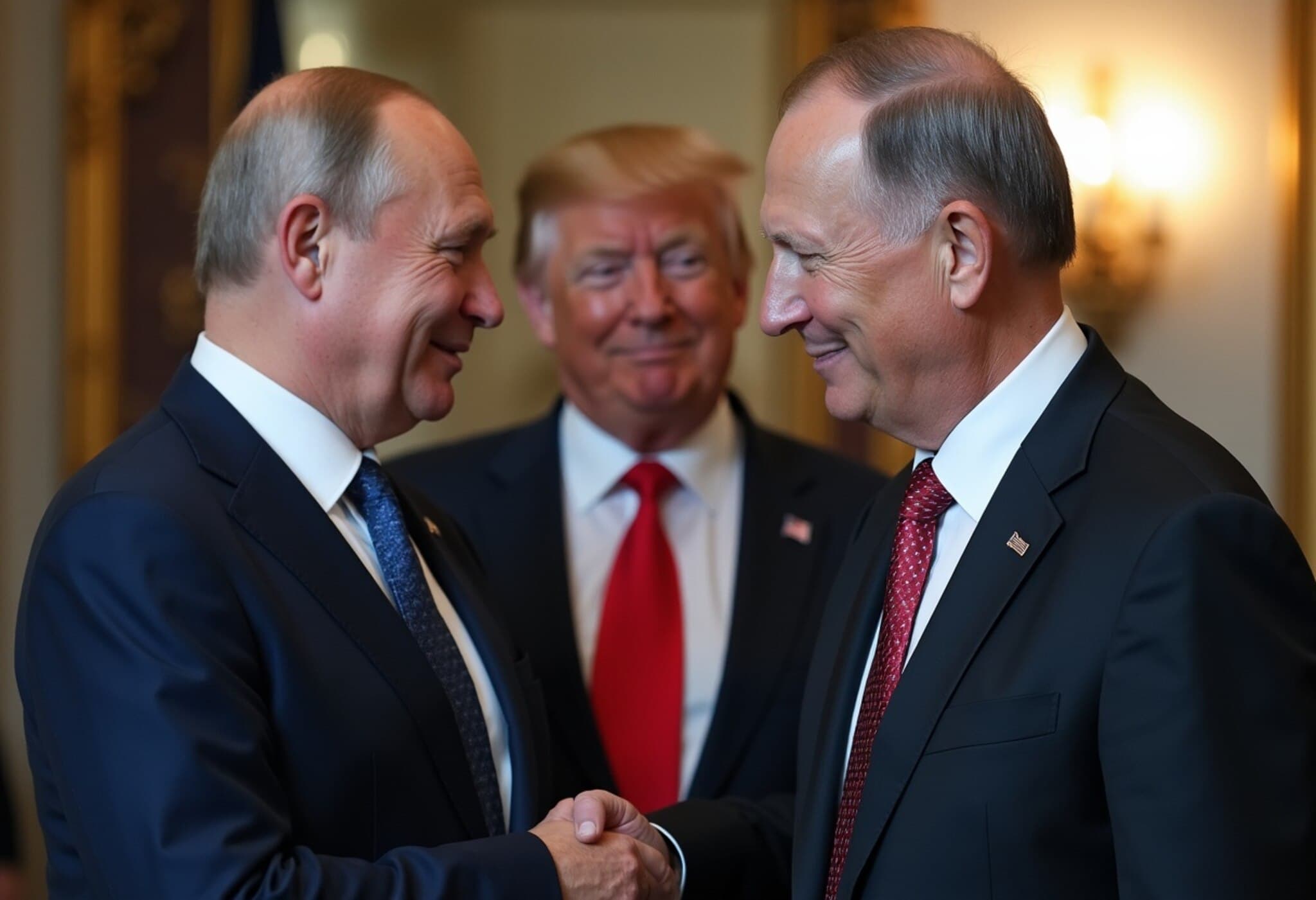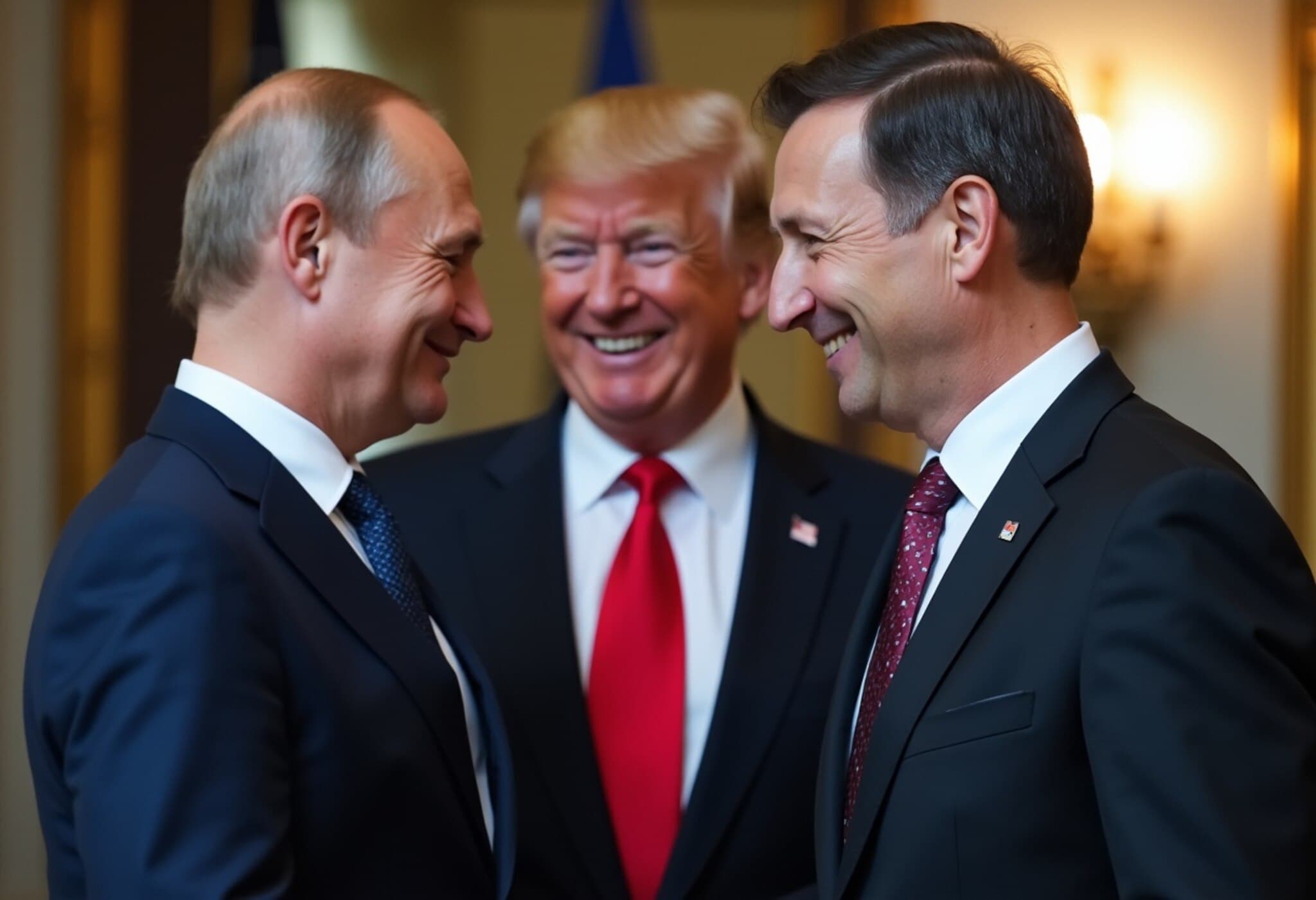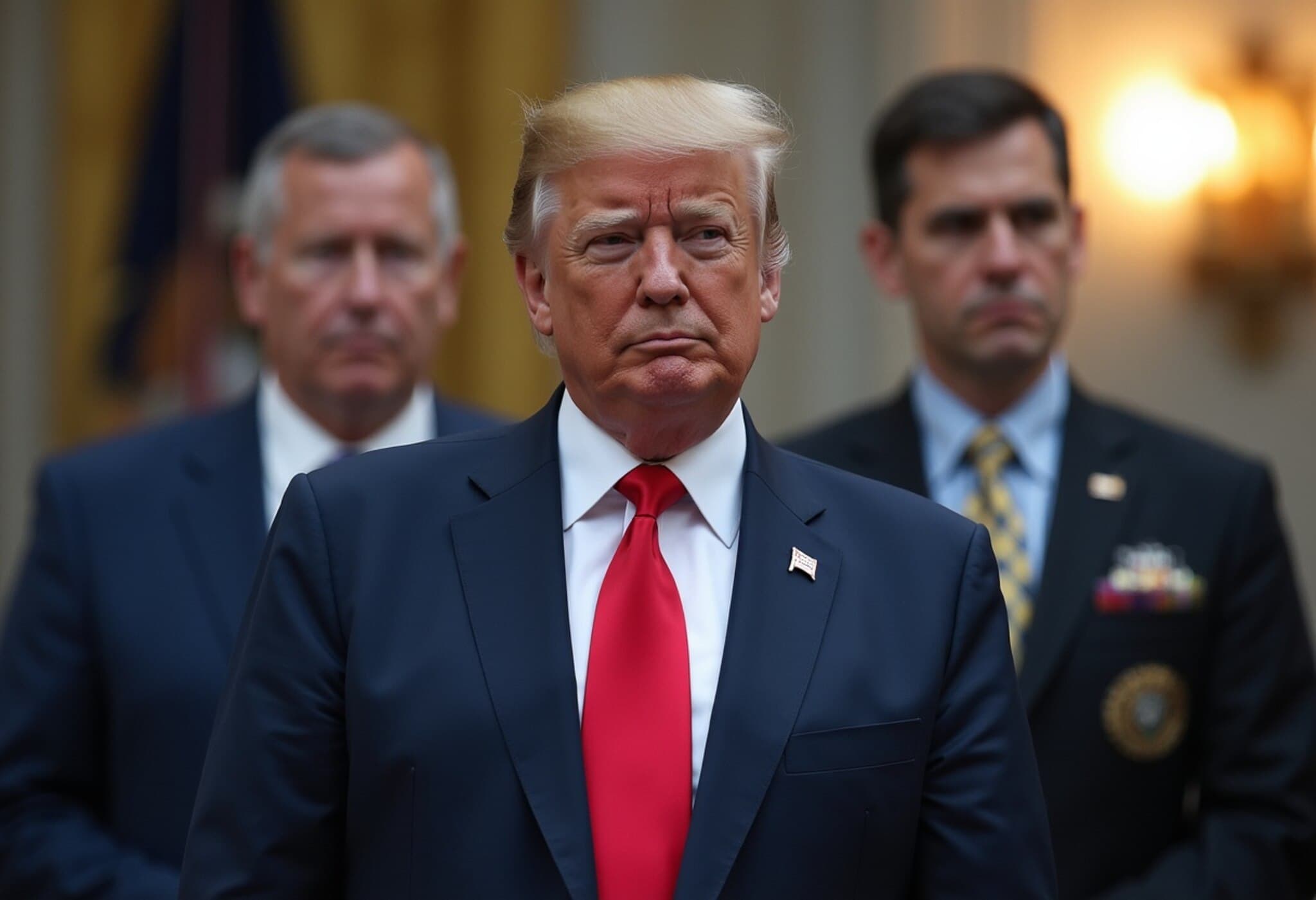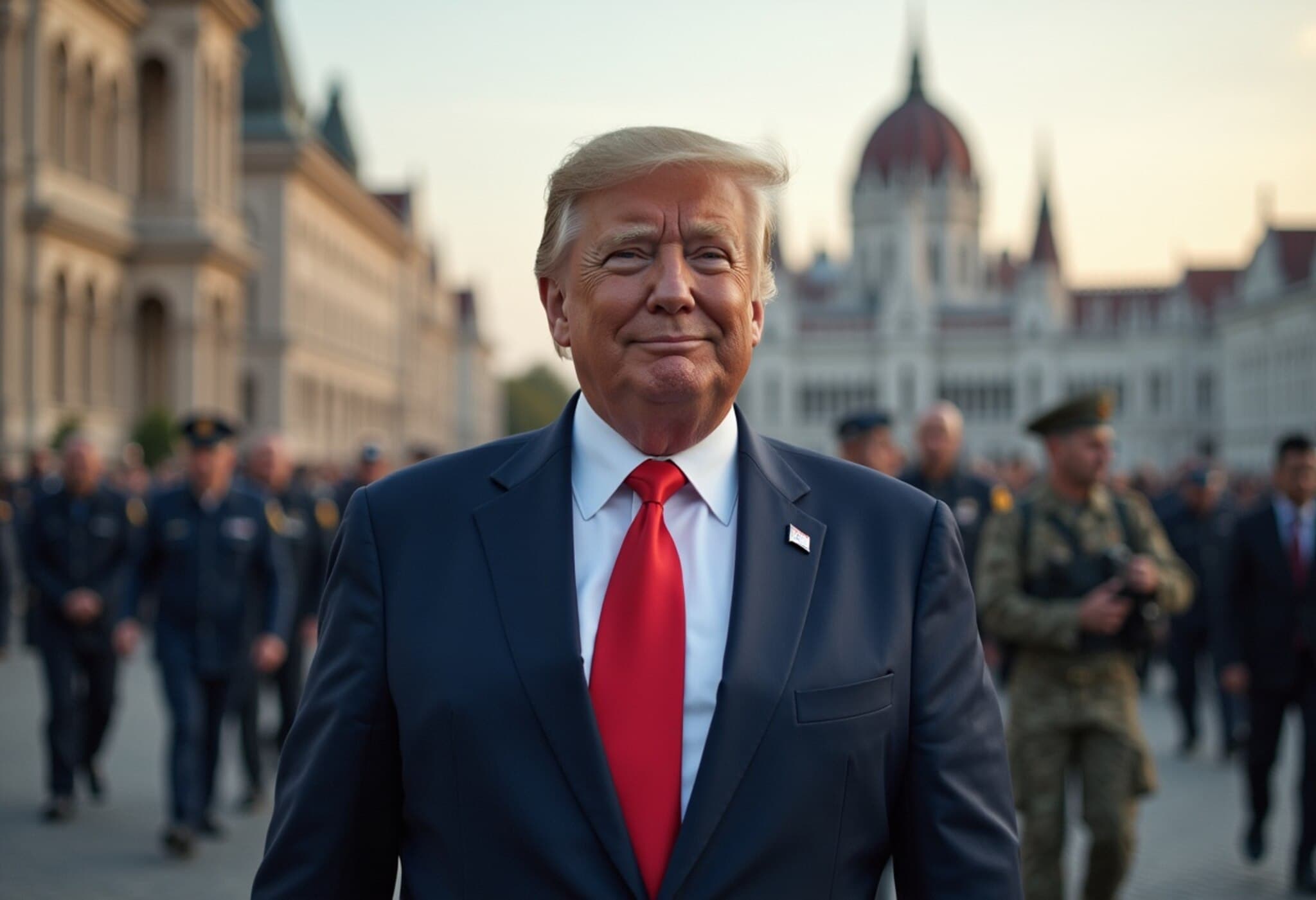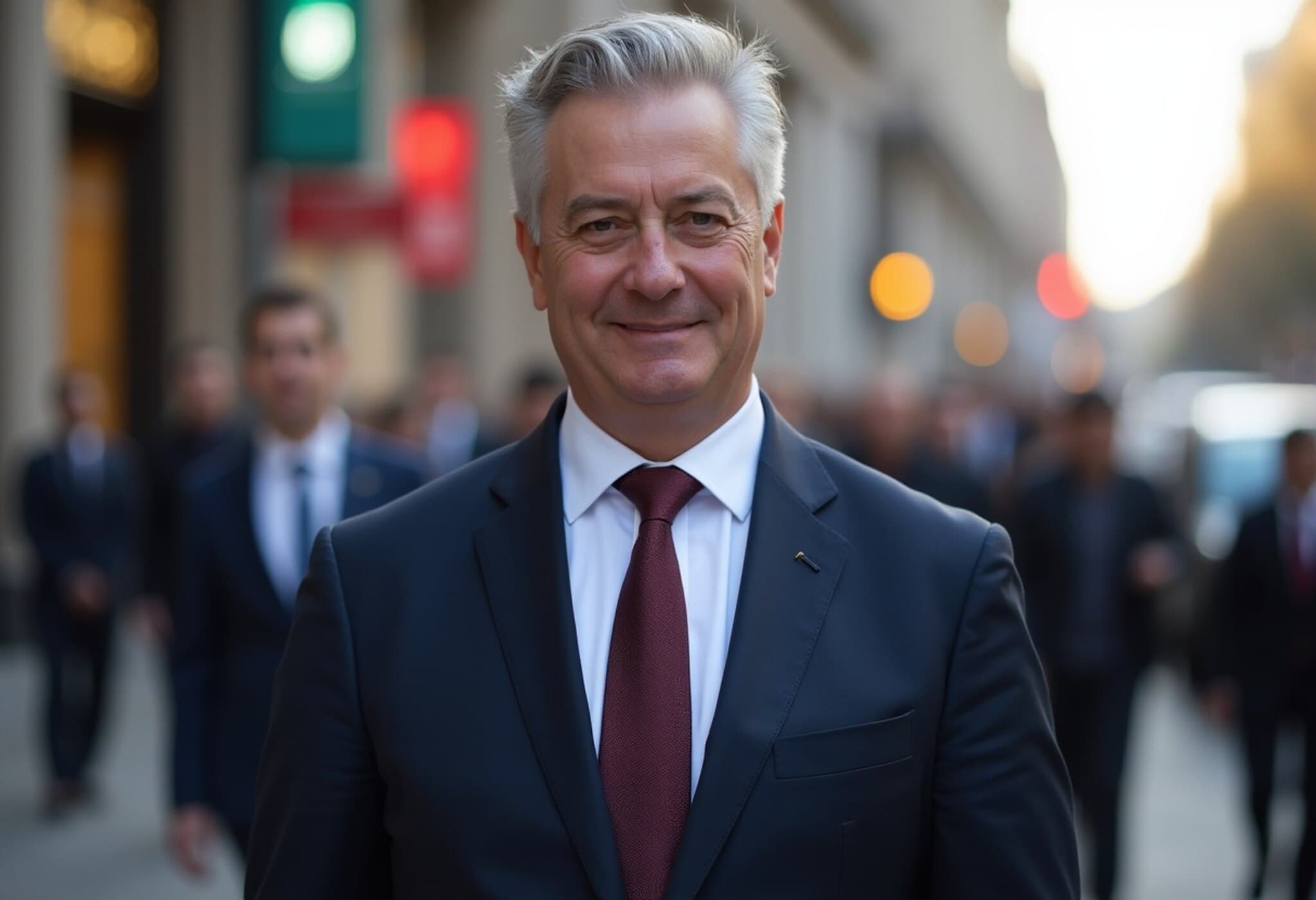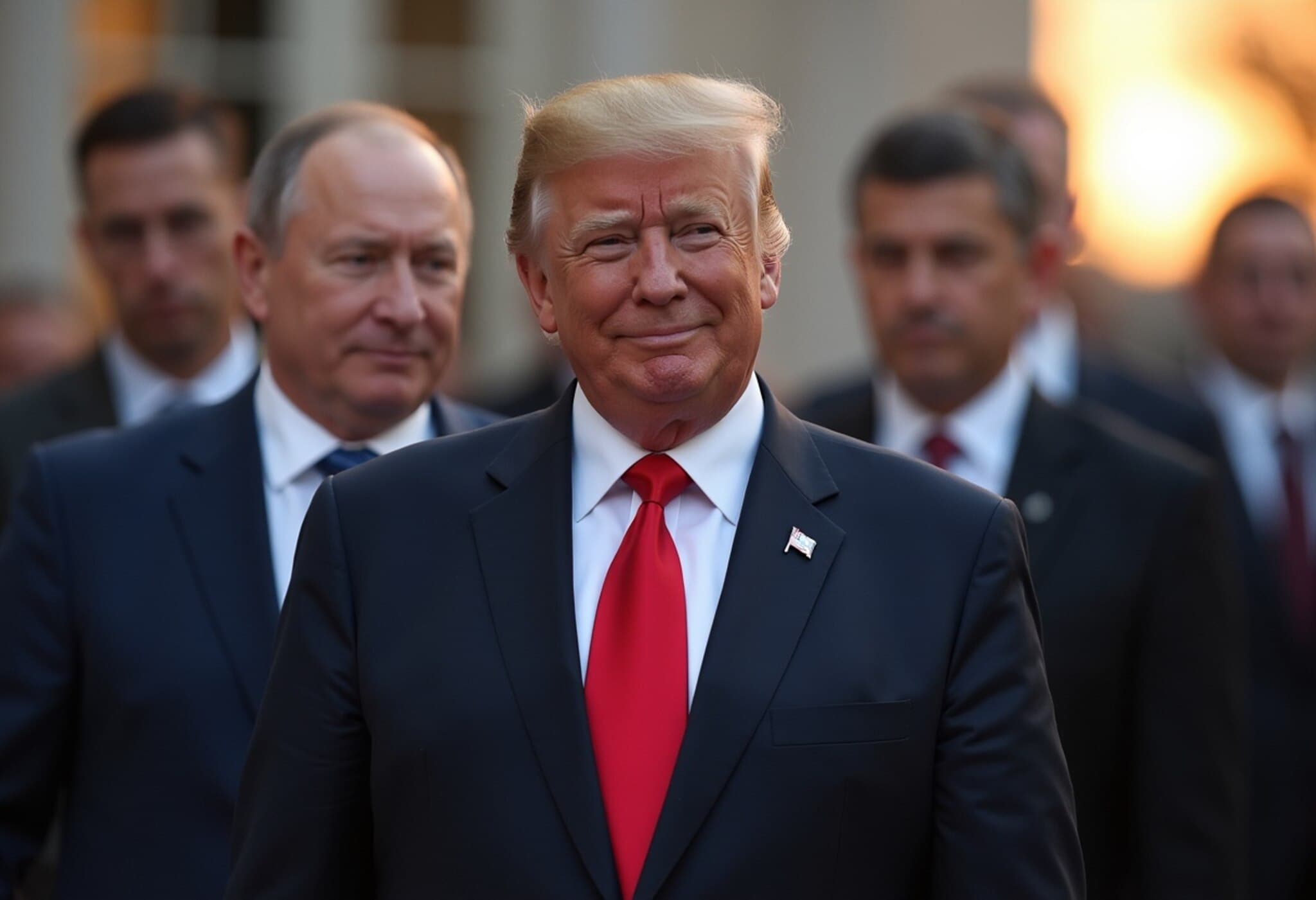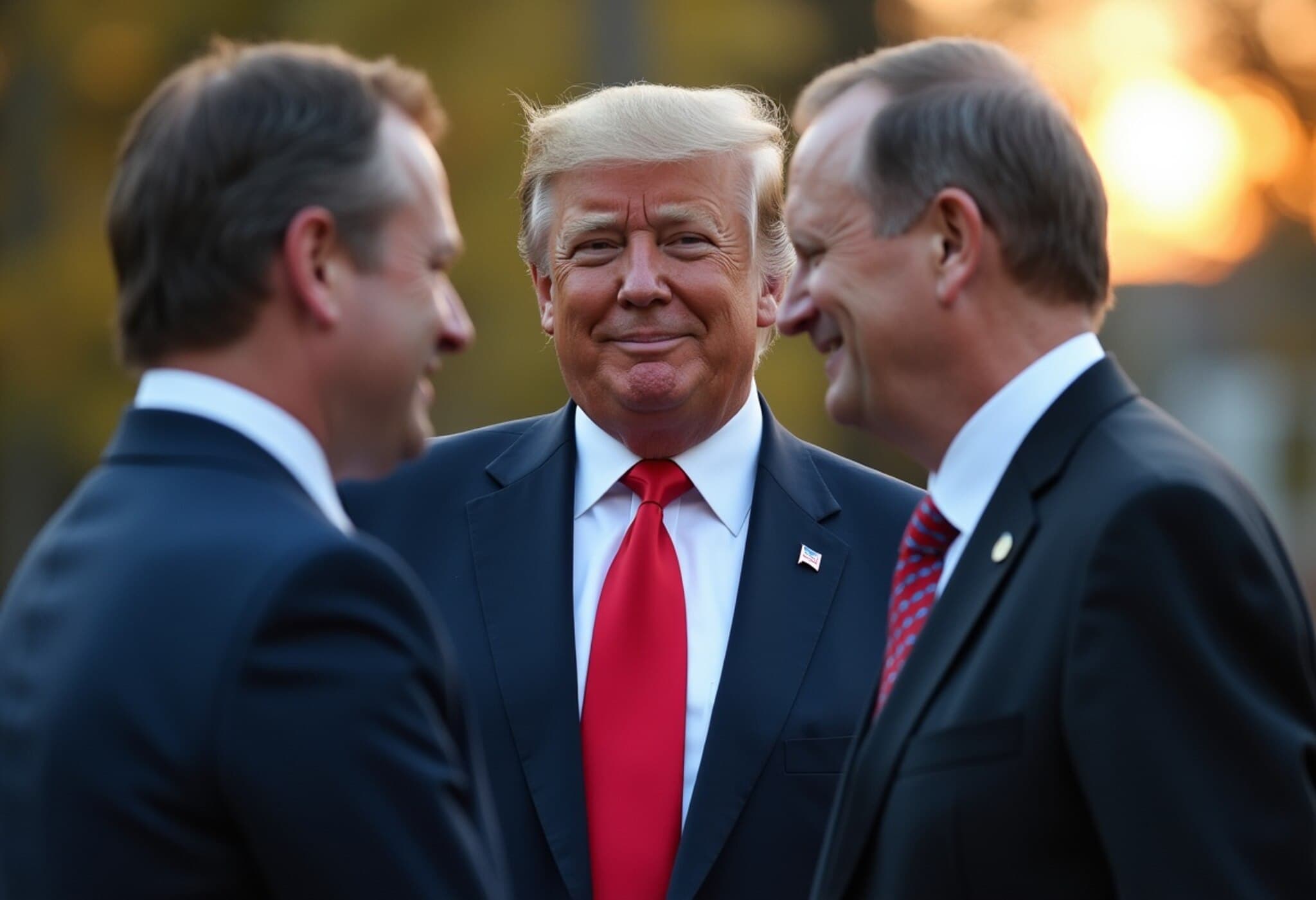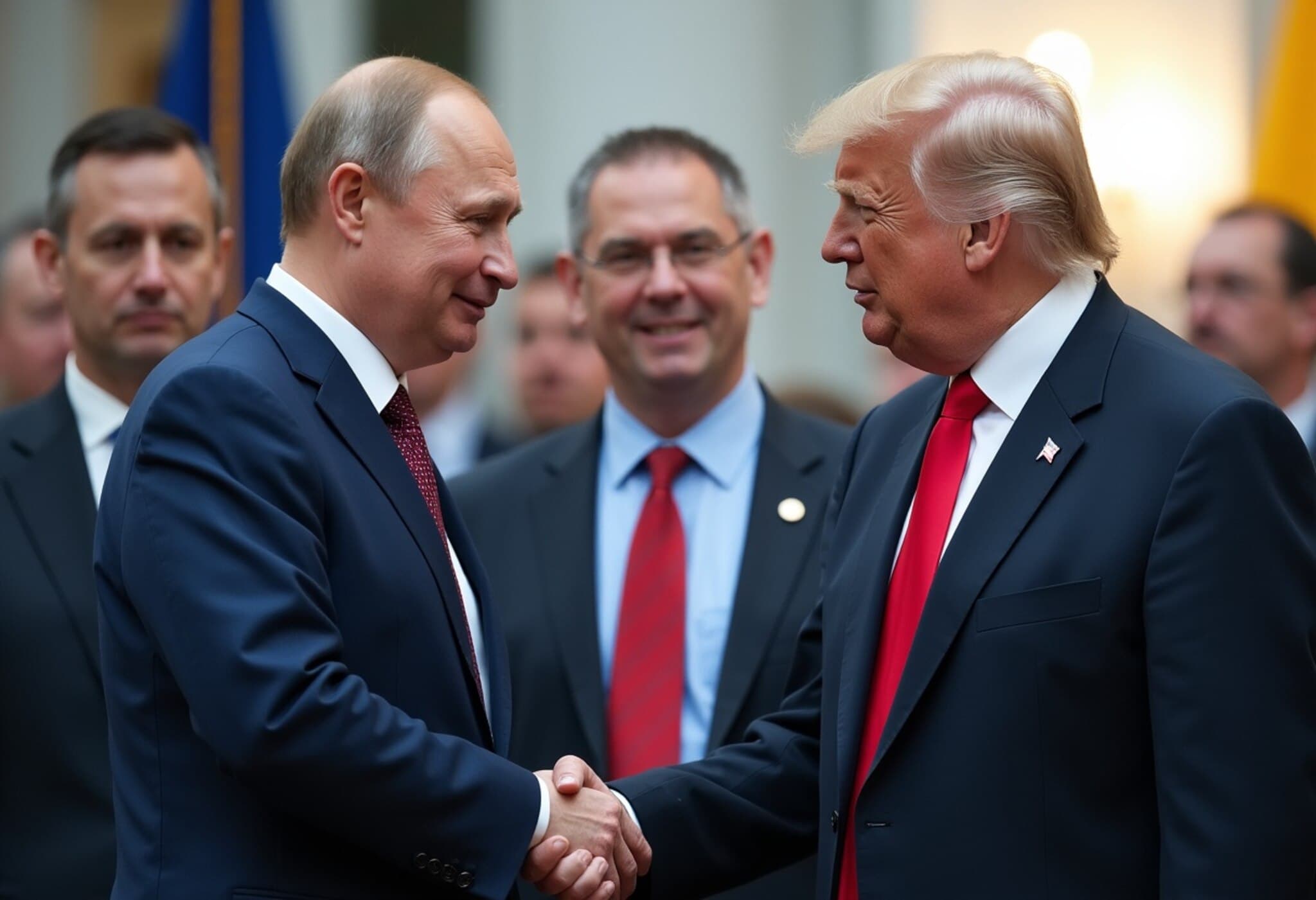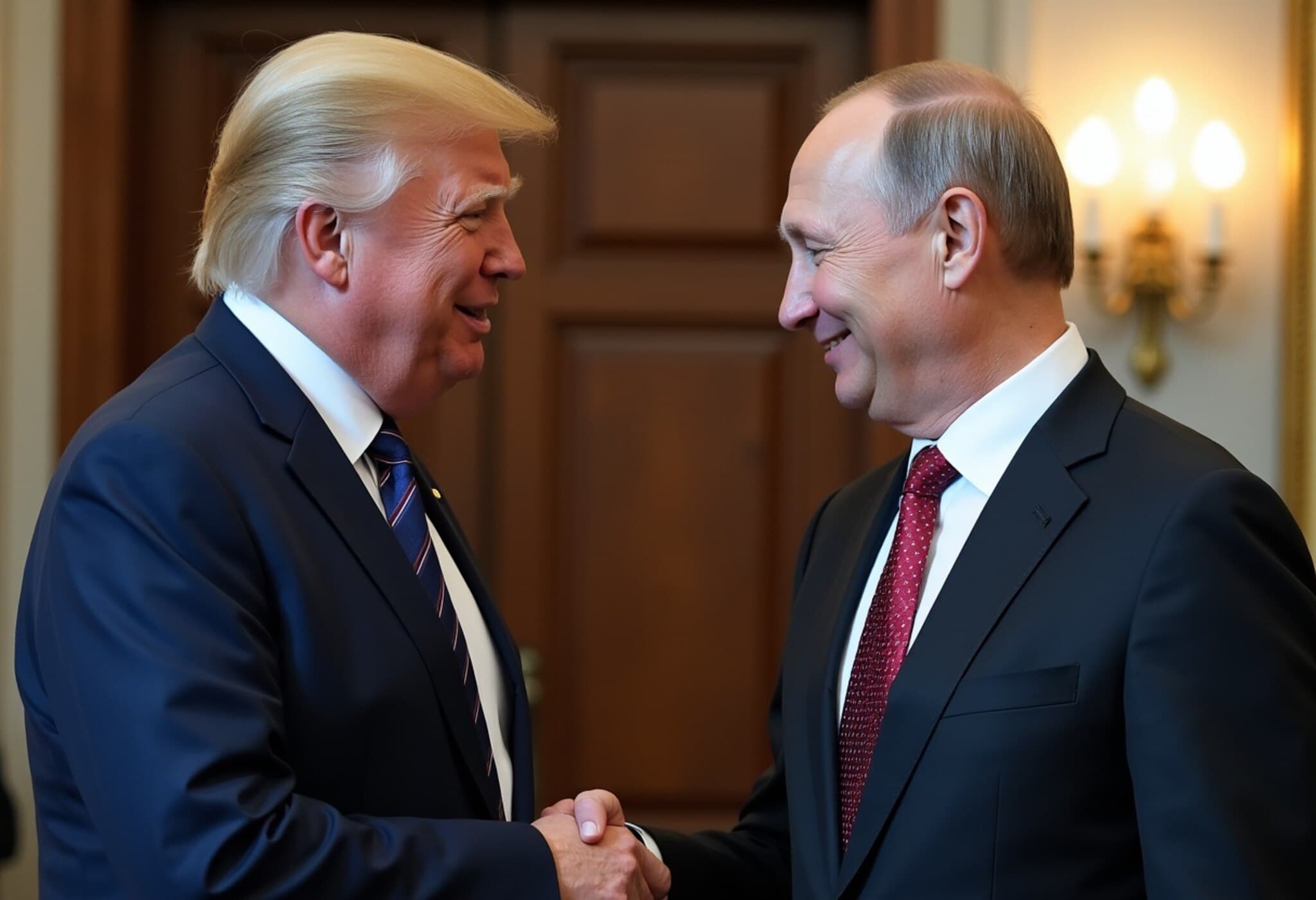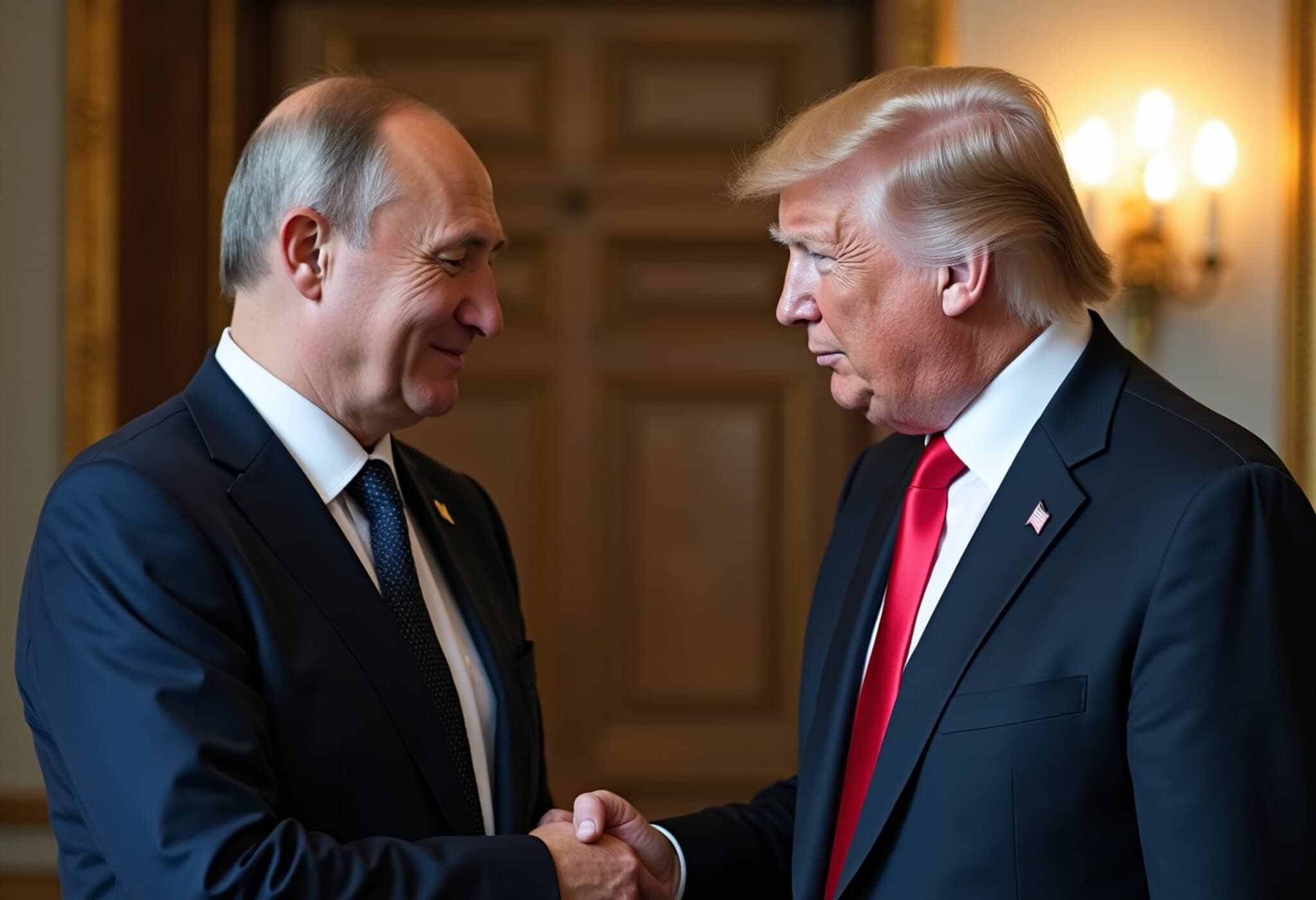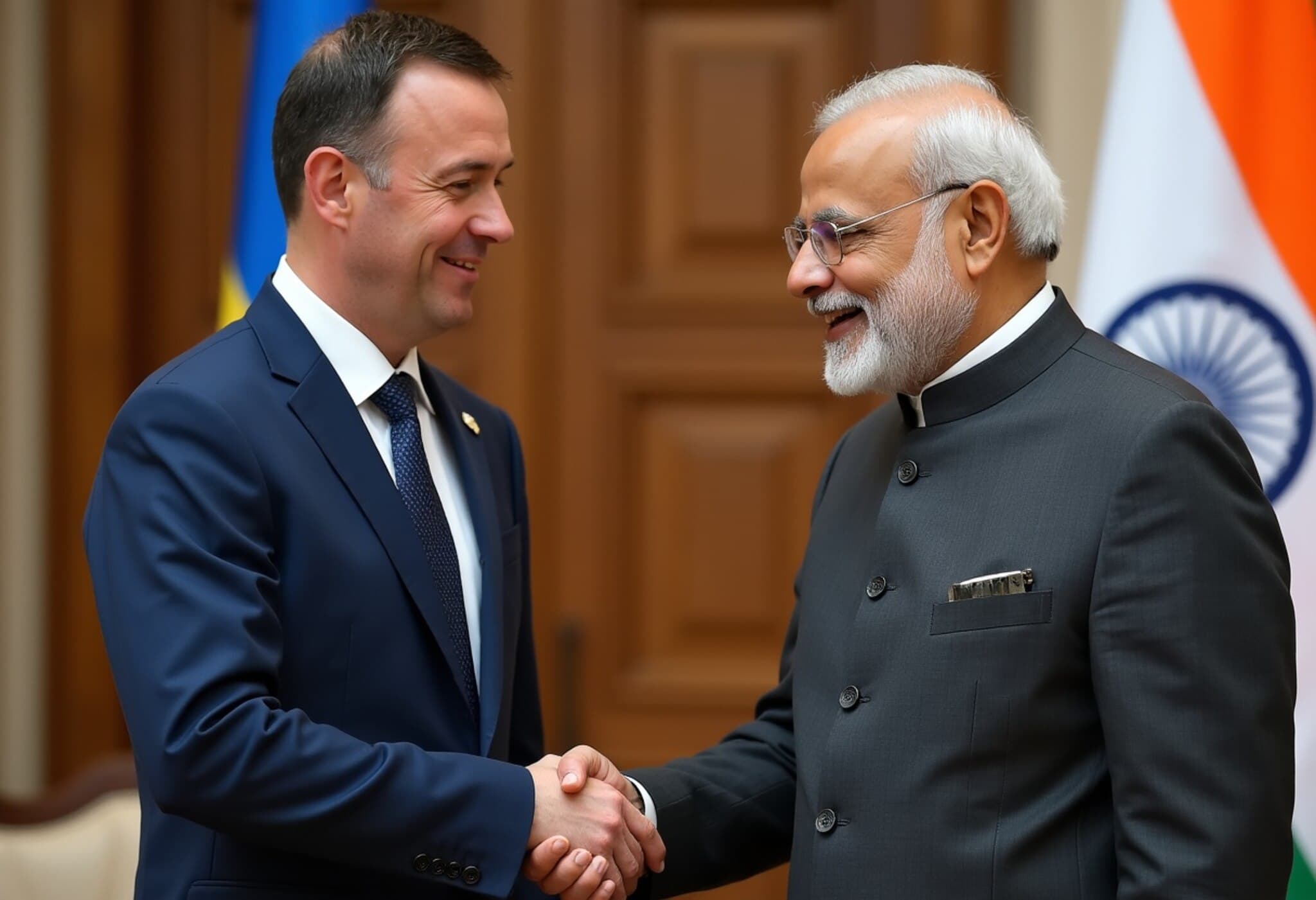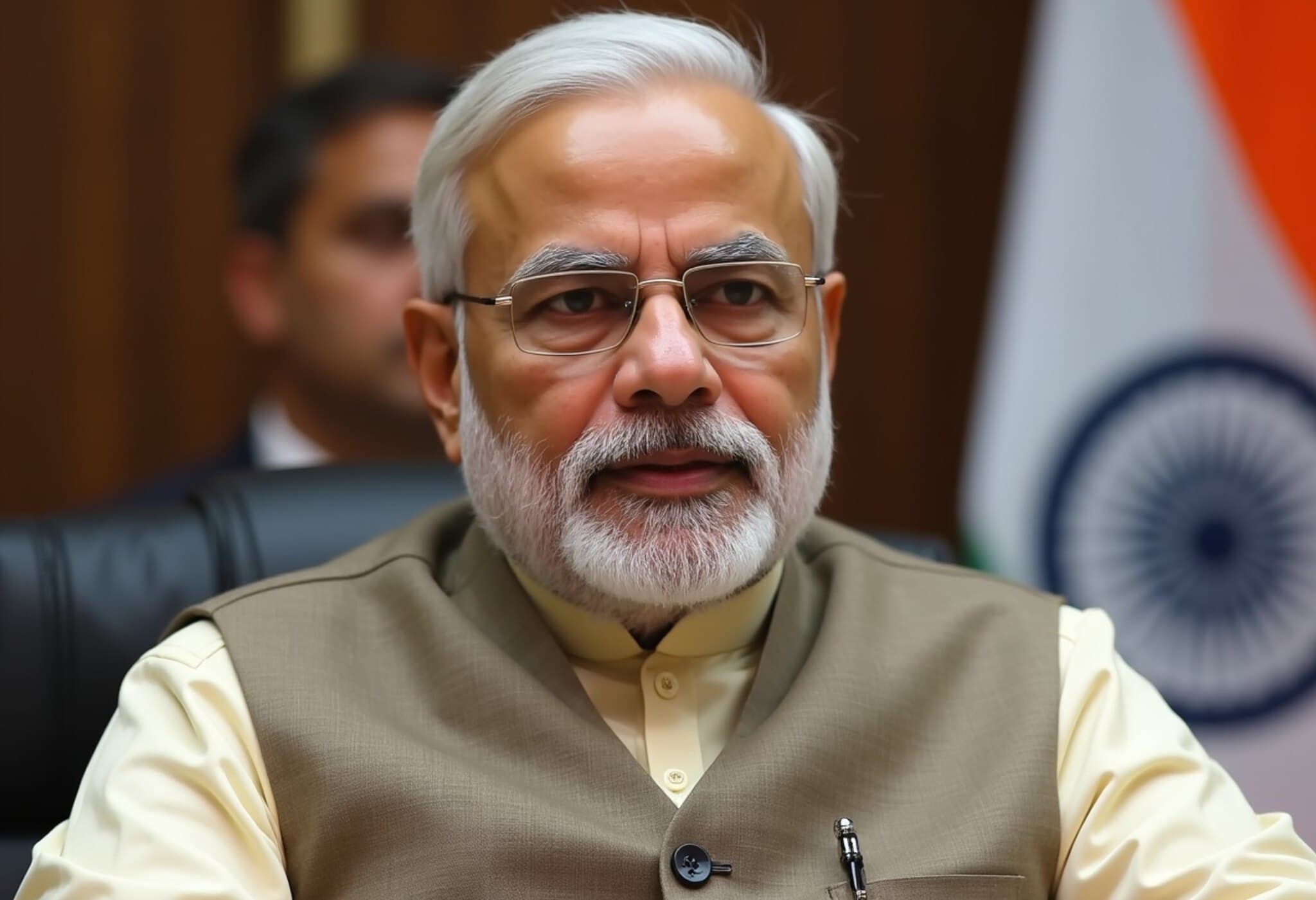Trump Comments on Putin’s Reluctance to Meet Zelenskyy
In a recent Oval Office interview, former U.S. President Donald Trump offered a blunt assessment of Russian President Vladimir Putin’s hesitance to engage directly with Ukrainian President Volodymyr Zelenskyy. When asked why Putin seems unwilling to meet Zelenskyy in person, Trump responded candidly: "Because he doesn’t like him." This remark shines a spotlight on the enduring personal and political complexities shaping the Russia-Ukraine conflict.
Recent Discussions Between Trump and Putin
Trump confirmed that he has maintained lines of communication with Putin, including a follow-up call after their initial conversation the previous week. His goal was to facilitate direct talks between Moscow and Kyiv, which might eventually evolve into a trilateral summit involving himself. Despite describing the exchanges as "good conversations," Trump acknowledged that these dialogues have yet to translate into tangible progress on a ceasefire or peace agreement.
Trump stated: "Every conversation I have with him is a good conversation. And then, unfortunately, a bomb is loaded up into Kyiv or someplace, and then I get very angry about it. I think we’re going to get the war done. It’s tough."
Challenges Ahead for Putin-Zelenskyy Bilateral Talks
When questioned about the likelihood of a face-to-face meeting between Putin and Zelenskyy, Trump expressed uncertainty, saying, "I don’t know that they’ll meet. Maybe they will. Maybe they won’t." His attempts to bring the two leaders together are emblematic of broader diplomatic hurdles, given the deep mistrust between Russia and Ukraine and the ongoing violence on the ground.
Diplomatic Stalemate and Underlying Issues
Russian Foreign Minister Sergey Lavrov has publicly dampened expectations, asserting that Putin would only consider meeting Zelenskyy if Ukraine agrees to Russia’s long-standing conditions. Lavrov further cast doubt on Zelenskyy’s legitimacy by claiming his presidential term has expired—an assertion rejected by Ukraine and the international community. This hardline stance adds a layer of political complexity that complicates mediation efforts.
Trump’s Warning and the Road Ahead
Trump has also warned of potential consequences if the proposed talks between Putin and Zelenskyy fail to materialize. He emphasized that the leaders "should meet" and indicated he might intervene if no progress occurs within the next couple of weeks. Reflecting on the dynamics between Putin and Zelenskyy, Trump likened bringing them together to "mixing oil and vinegar," highlighting the profound discord that defines their relationship.
Expert Analysis: The Reality Behind the Rhetoric
Trump’s observations underscore the critical personalization of geopolitical conflicts where individual relationships often influence state actions. Putin’s reluctance can be attributed not only to personal disdain but also strategic calculations—publicly conceding to talks risks signaling weakness, while privately, unresolved preconditions and military objectives remain barriers.
From an American policy perspective, the absence of direct dialogue between these leaders prolongs instability in Eastern Europe, affecting transatlantic security frameworks and global economic markets. Moreover, Trump's engagement reveals the continuing role former U.S. leaders may seek in international diplomacy, even without official sanction, raising questions about unofficial influence on ongoing conflicts.
What’s at Stake?
- Peace Prospects: Direct talks are widely seen as a necessary but insufficient step toward de-escalation.
- International Legitimacy: Questions about Zelenskyy’s presidency highlight Russia’s attempts at delegitimization on the world stage.
- U.S. Diplomatic Influence: Trump’s involvement reflects both the limits and potential risks of extraneous diplomatic initiatives.
Conclusion
As tensions persist, the international community remains watchful. The interplay between personal animosities and geopolitical strategy continues to shape the conflict’s trajectory. Whether Putin and Zelenskyy ever sit down together could hinge on more than political convenience—it reflects the deeper struggle for trust and recognition in a conflict with profound global consequences.
Editor’s Note
This development prompts reflection on the importance of personal diplomacy in conflict resolution. How much can individual relationships influence state decisions in entrenched conflicts? And what role should former leaders play in shaping ongoing foreign policy when not in office? As the war in Ukraine evolves, these questions grow ever more pressing.

